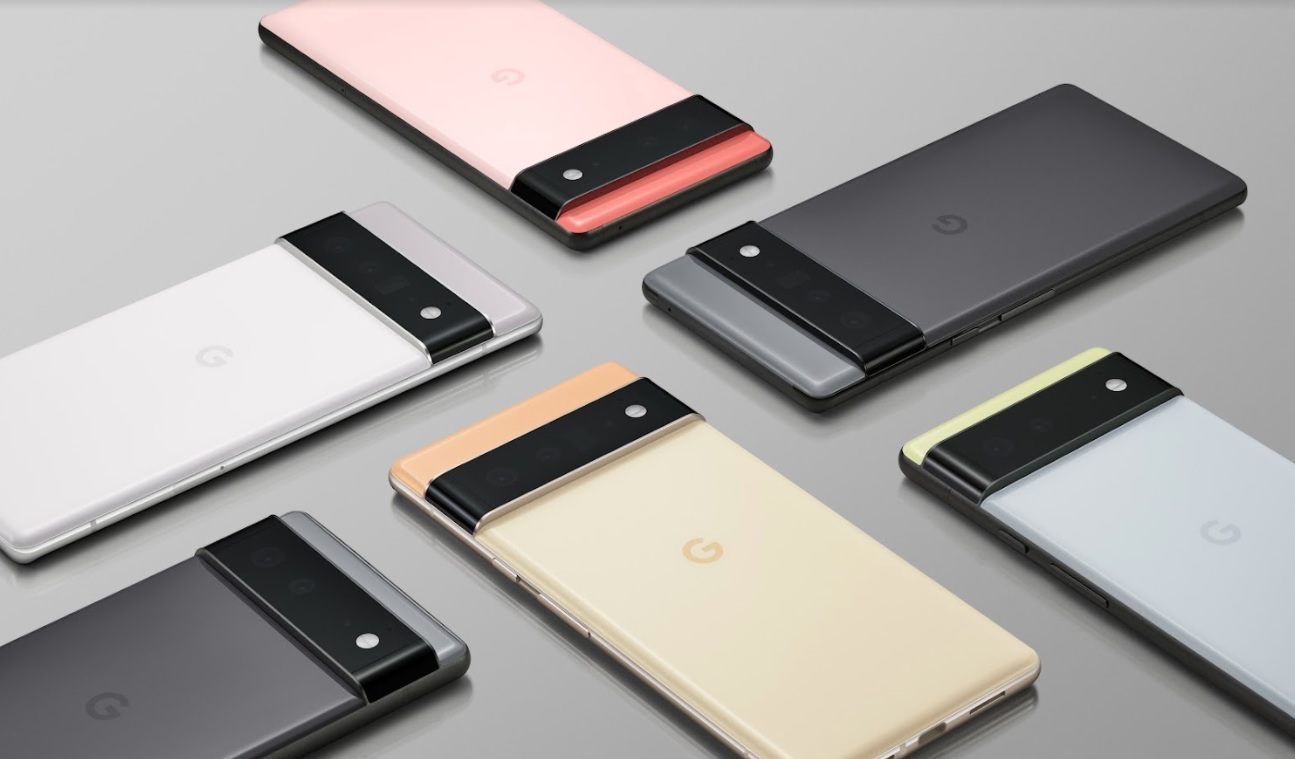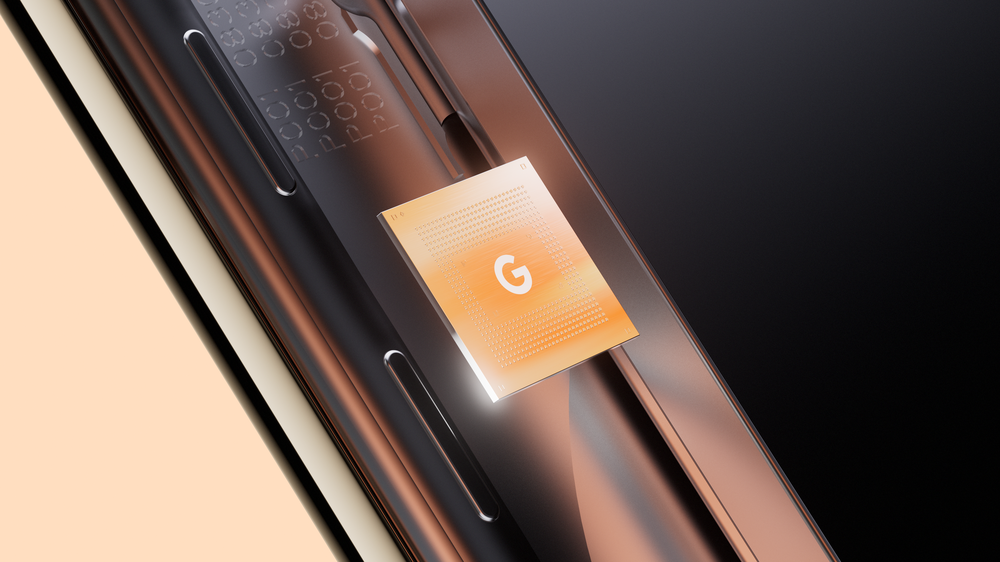Google Pixel 6 benchmarks just leaked — here's how it stacks up
The Tensor-powered Pixel 6 may not match other top flagship performance, but that could be beside the point

Google Pixel 6 benchmarks have popped up on Geekbench ahead of next week's Pixel event. And the numbers suggest that the new Tensor system-on-chip powering Google's phone will fall short of the top flagships from Apple and Samsung.
And yet, despite the apparent performance gap we're likely to see between the Pixel 6 and phones powered by either Apple's A15 Bionic or Qualcomm's Snapdragon 888 silicon, I don't think Google's losing any sleep over these numbers. Instead, it suggests that Google is turning to the Tensor chipset for reasons other than pure performance.
- The best phones overall — here's the Pixel 6's competition
- Google Pixel 6 vs Pixel 5a: Which new Pixel is best for you?
- Plus: How to watch Google's Pixel Fall Launch event — livestream the Pixel 6 debut
Google Pixel 6 benchmarks vs iPhone 13 and Galaxy S21
Before we explain that, though, let's dive into the numbers, which were spotted by MySmartPrice on the Geekbench website. The Geekbench test results are from a phone with a 6.4-inch display and a Tensor chipset — that matches the description of the standard Pixel 6 Google is set to introduce at its Oct. 19 event.
According to the Geekbench site, the Google phone in question posted a single-core score of 1,027 and a multicore result of 2,706 on Geekbench 5, which measures general performance. That's certainly better than last year's Pixel 5, which ran on a Snapdragon 765G — the kind of chipset you normally see in midrange phones and not flagship devices. The Pixel 5 posted single- and multicore scores of 596 and 1,617, respectively.
While that's certainly an encouraging improvement for Google's new Pixel, it still doesn't compare with the Geekbench results produced by some of the leading flagship phones. Samsung's Galaxy S21, which is powered by a Snapdragon 888 system-on-chip, produces a 1,084 single-core score and a 3,302 multicore result.
The results are even more stark with the A15 Bionic silicon in Apple's new iPhones. The iPhone 13 tallied a single-core score of 1,684 and a multicore of 4,129, which is among the best results we've seen in our testing.
What this says about the Pixel 6's Tensor silicon
There are reasons not to take these Pixel 6 numbers at face-value. For one, it could be a pre-release version of Google's phone that's not yet optimized for performance. The Pixel 6 that ultimately ships could fare very differently when we get a chance to test it. That said, the numbers in this report are similar to earlier leaked Geekbench scores for the Pixel 6 Pro, which is slated to feature the same Tensor chipset.
Get instant access to breaking news, the hottest reviews, great deals and helpful tips.
You should also be wary of conflating synthetic benchmarks with actual performance. Numbers like those produced from the Geekbench test are helpful in comparing different phones, especially those powered by different chipsets. But the day-to-day performance you'd notice when actually using the phone could tell a very different story.

There's also the issue of Google's actual purpose for Tensor. While optimum performance is certainly a goal — and the numbers suggest that the Pixel 6 will be close enough to the top Android phones for most people — you get the sense that Google is switching to its own Tensor chips for a different reason.
All the talk of Tensor so far has focused on the chips Tensor Processing Unit (TPU), and not the CPU or GPU. The TPU will be responsible for managing tasks involving artificial intelligence and machine learning; because the TPU is a core part of Tensor's pipeline, a lot of tasks are going to go through that part of the chipset.
That should free up the CPU to focus on boosting performance and battery life. It would also imply that the Pixel 6 and Pixel 6 Pro will be well-equipped to handle tasks like intelligent photo processing and voice-powered commands.
Google Pixel 6 outlook
When Google takes the stage on Oct. 19 to launch the Pixel, it won't be enough to merely say that the phone is powered by Google-designed silicon. Google will have to spell out what that means, not just in terms of performance and chip architecture, but for tangible benefits to Pixel 6 owners.
As it stands, the Pixel 6 and Pixel 6 Pro are shaping up to be significant upgrades for Google's flagship phones. In addition to the Tensor chipset, we're expecting upgraded cameras on both devices; in the case of the Pixel 6 Pro, that means a telephoto lens joining the wide and ultrawide angle cameras. In addition, the new phones are expected to feature larger batteries and faster charging than past Pixels.
We'll find out just what exactly Google has planned at next Tuesday's Pixel Fall Launch event, which gets underway at 1 p.m. ET/10 a.m. PT. In the meantime, head over to our Google Pixel 6 page for all the latest leaks and rumors.
Philip Michaels is a Managing Editor at Tom's Guide. He's been covering personal technology since 1999 and was in the building when Steve Jobs showed off the iPhone for the first time. He's been evaluating smartphones since that first iPhone debuted in 2007, and he's been following phone carriers and smartphone plans since 2015. He has strong opinions about Apple, the Oakland Athletics, old movies and proper butchery techniques. Follow him at @PhilipMichaels.
 Club Benefits
Club Benefits






